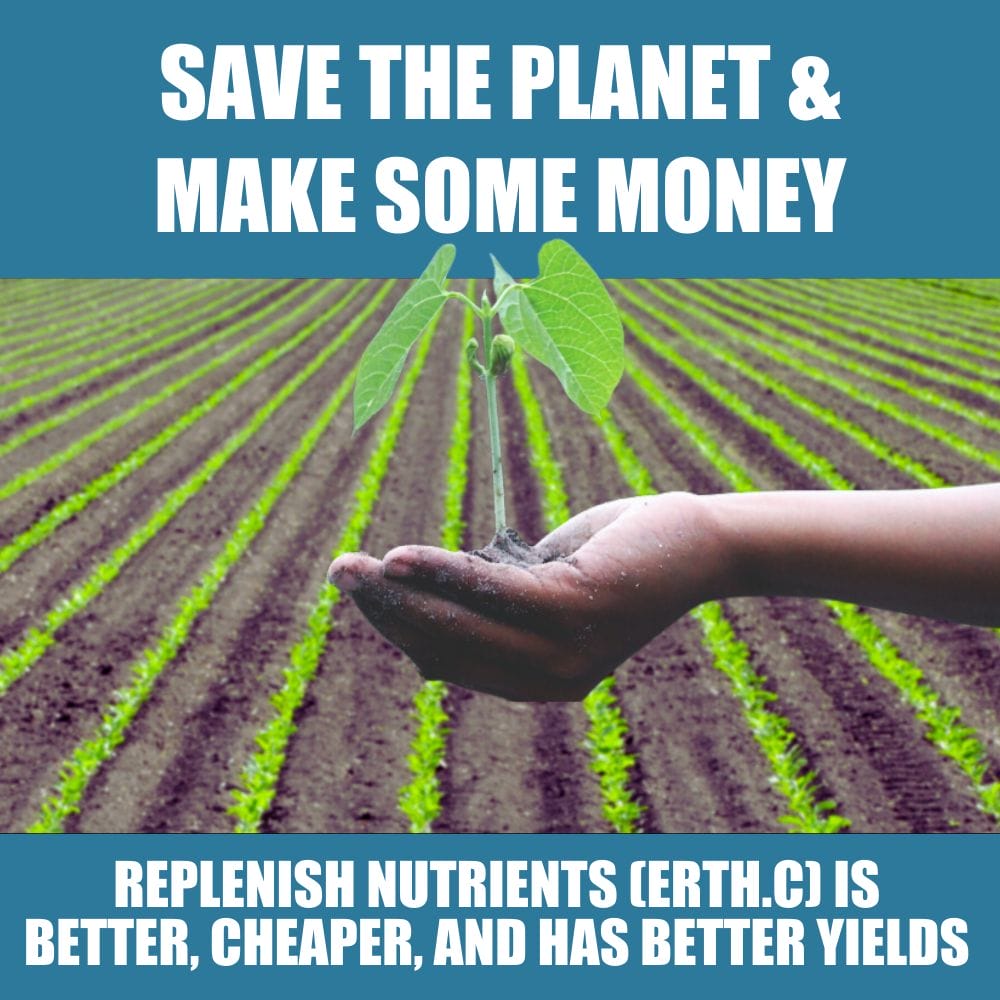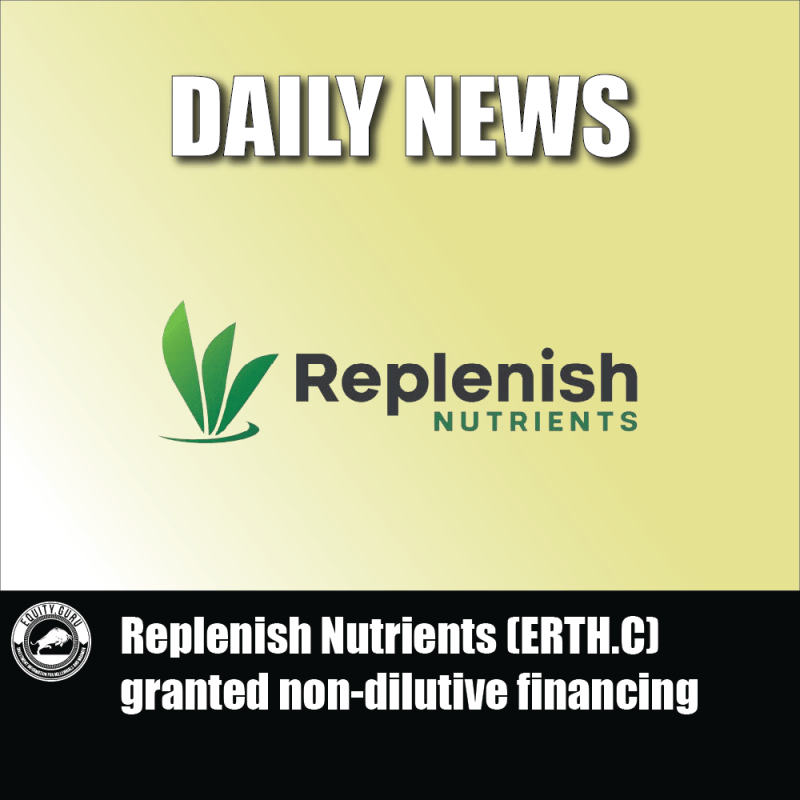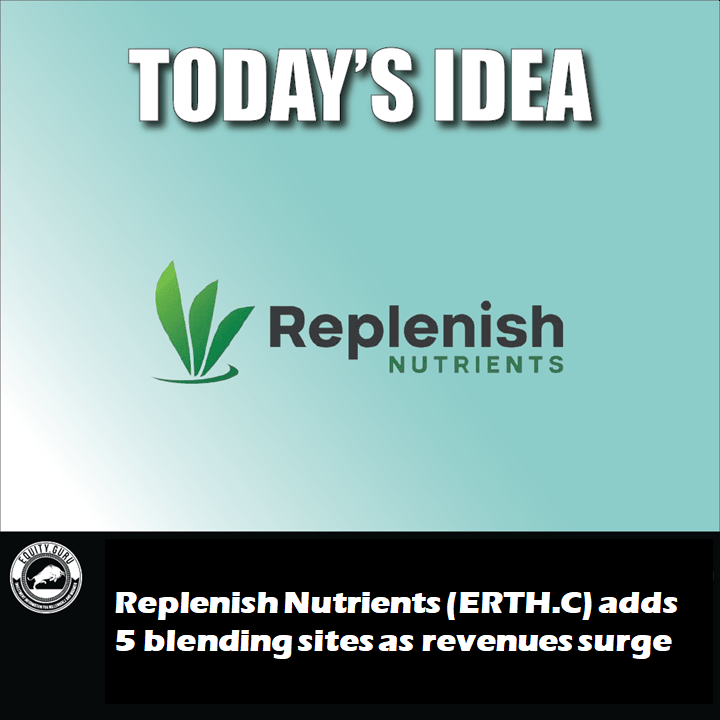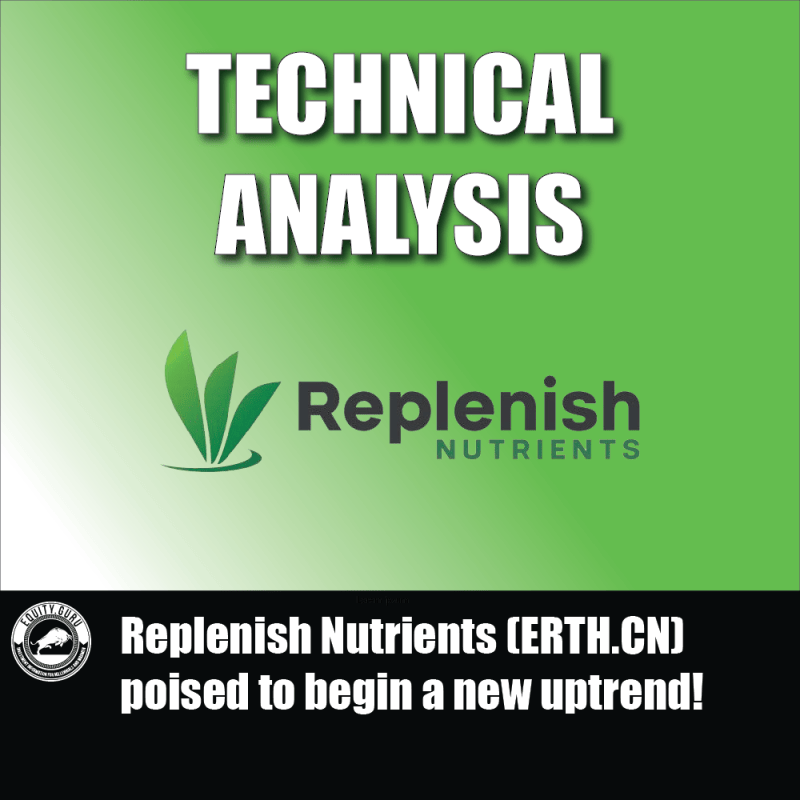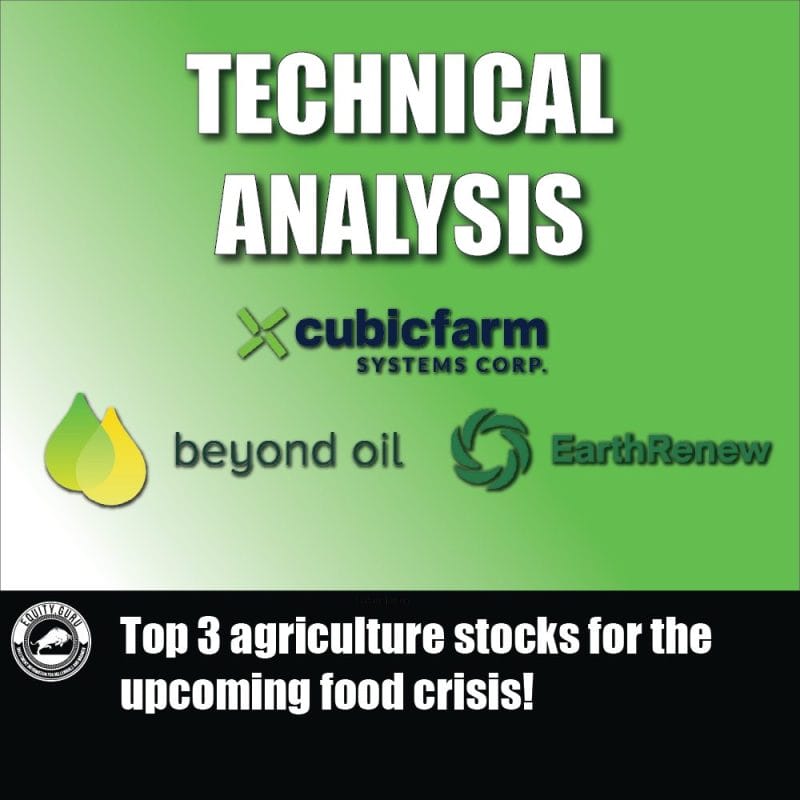Most of us reading this are likely chilling out in comfortable houses or apartments in first world environs, doing the work-from-home thing while we wait for the powers-that-be to ease off restrictions so we can get on with our lives. Our fridges are the subject of frequent raids and by and large we’re decently comfortable, even if maybe the pandemic imposed lack of socialization may make us a little stir crazy at times.
That’s not to say that there isn’t a contingent of the population that isn’t seriously suffering from the pandemic’s economic side effects. People have lost their jobs, others their businesses, and there’s more instability in the world than there was three years ago. But some companies are doing better than others because their business plans and arrangements can lean into a niche aspect of the pandemic, fulfilling an increasing demand for a product.
Naturally, you’ve got delivery services like Skip the Dishes, and streaming services like Netflix, and then there’s companies like EarthRenew (ERTH.C).
EarthRenew’s value proposition is in transforming livestock waste into a high-performance organic fertilizer. The company is making a bid to be part of the regenerative agriculture movement by offering fertilizer solutions designed to nourish the soil to help the earth restore itself.
The process generates organic fertilizer from animal waste using a turbine fuelled by natural gas that produces up to four megawatts per hour of low-cost electricity. The waste heat from the turbine that would normally go to pollute the atmosphere is repurposed to converts the animal waste into fertilizer.
How have they benefited from the COVID-19 pandemic?
No restaurants means a shift to home-cooking, and the shift to home-cooking means an uptick in food shopping and a subsequent spike in sustainable food. Said spike means increased pressure on sustainably produced crops, and a substantial boon to anyone involved anywhere in the supply chain.
“Regenerative agriculture practices (which apply to both organic and conventional farming) are focused on reversing climate change by rebuilding soil organic matter and restoring degraded soil biodiversity to improve both carbon drawdown and water cycles. These sustainable practices require large scale adoption by the global farming community for real impact to be realized. We believe that our sincere efforts to improve soil health by offering natural alternatives to chemical fertilizers have us well-positioned to capture market share within this growing segment. We think it also shines a light on EarthRenew as an attractive investment for investors interested in climate resilience initiatives,” said Keith Driver, CEO of EarthRenew in a letter to shareholders.
It’s not like this company is going to go away when the pandemic’s over and we can all have the steak dinner at Montana’s again. Their business model actually slots in to fill demand on soil health, which is a real problem that most countries in the world face.
Three of the biggest issues facing soil health are:
- monocropping, or planting one crop in one field every year
- synthetic fertilizers, especially those built from fossil fuels, eat away at microbiological diversity
- pesticide residue in soil decreases microbial diversity in soil
The list is only a taste of what can lead to soil depletion, and they’re three of many issues that ERTH’s product could potentially be part of the solution.
Organic growth
The company’s most significant achievement to date, according to Driver, is from their non-binding letter of intent to acquire Replenish Nutrients. They’re working to finalize the terms and complete it. Replenish is involved in delivering regenerative fertilizer products to both the conventional and organic markets in Canada. It’s general attractiveness isn’t only in its comparable business model, but in the material benefits it brings to the company’s balance sheet—having grown over 200% for each of the past two years with sales progress that exceeded ERTH’s expectations.
Financial Highlights and Projections:
- Replenish Nutrients booked revenue of $5.1 million for the last six months of 2020 and through the end of January 2021.
- ERTH is forecasting $4.8 million in revenue for the balance of the first half of 2021.
- New Entity projections are for a total $9.9 million for the period of July 2020 through June 2021, up from $3.6 million for the same period in 2019/2020.
The company’s second acquisition of 2021 came earlier this month with another non-binding LOI to co-acquire a new site in Eaton, Colorado with their new partner, Diamond Feeders. This site will be used as a manure treatment facility when complete, but until that happens, it will serve as a blending and granulation site and upcycling facility to provide a quicker path to get Replenish’s products to market as they wait for the proper permits.
If you’re unfamiliar, upcycling, also called creative reuse, and it’s a fancy word for what ERTH does—which is turn by-products, waste materials, or useless or unwanted products into new, useful stuff. In the art world, upcyclers turn scrap metal, garbage, and other byproducts of industrial life into sculptures, etc. EarthRenew takes cow-dung and turns it into fertilizer, which they then turn into revenue.
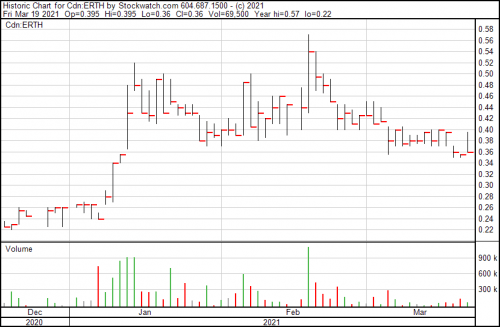
Their three month chart shows only a bit of ERTH’s story. What you see is the end of the long tail and the beginning of a considerable rise. They’re up half of penny today, and trading at $0.36, but that’s a substantial increase from their December 22 low of $0.23.
—Joseph Morton
Full disclosure: EarthRenew is an equity guru marketing client.


